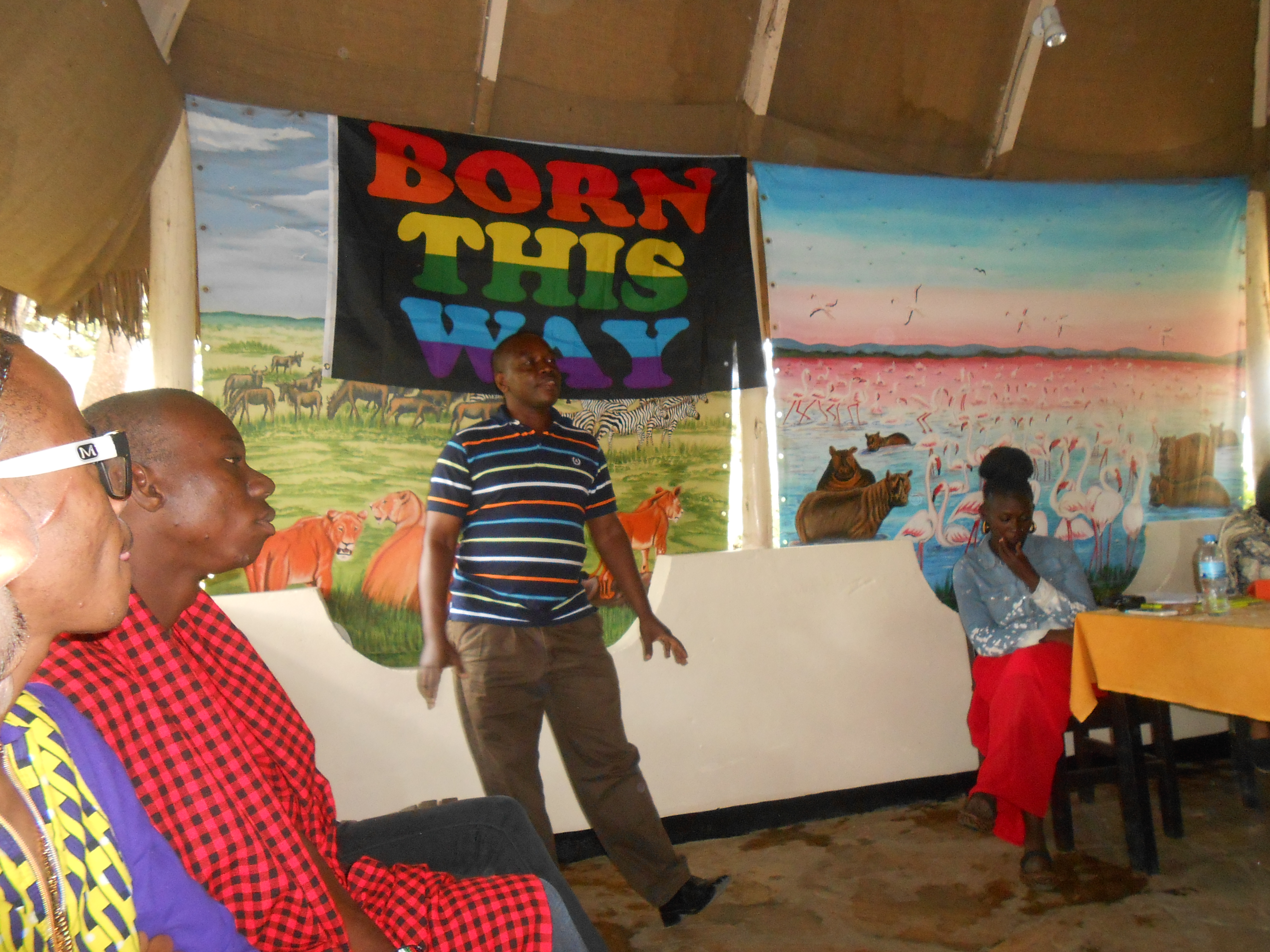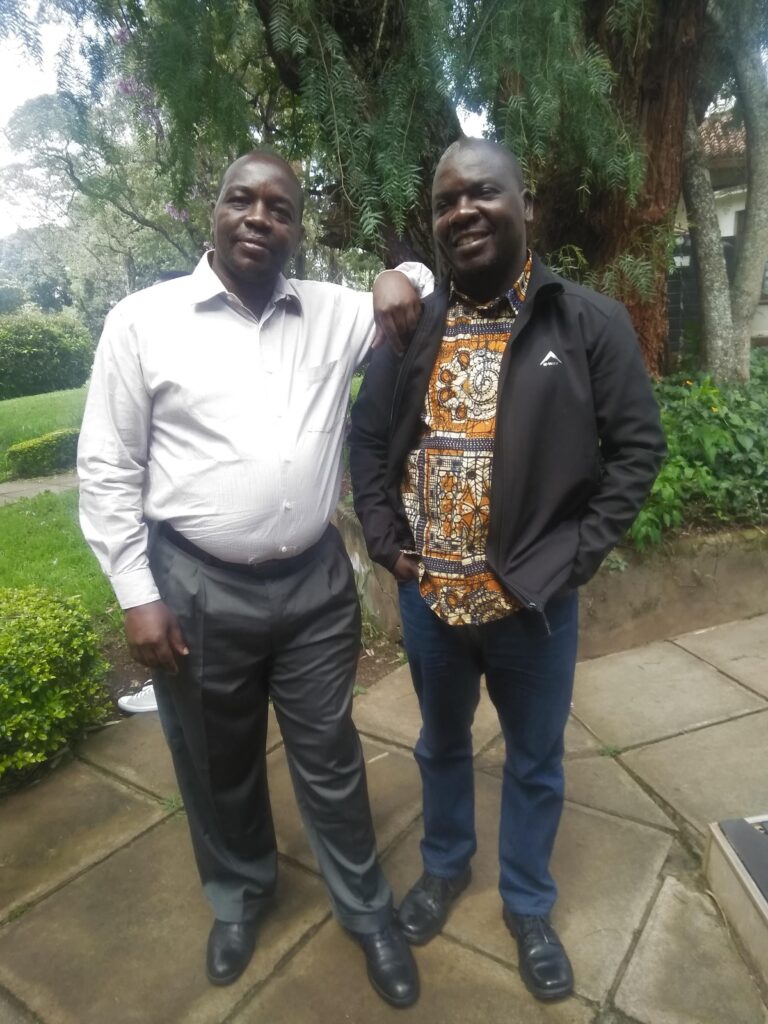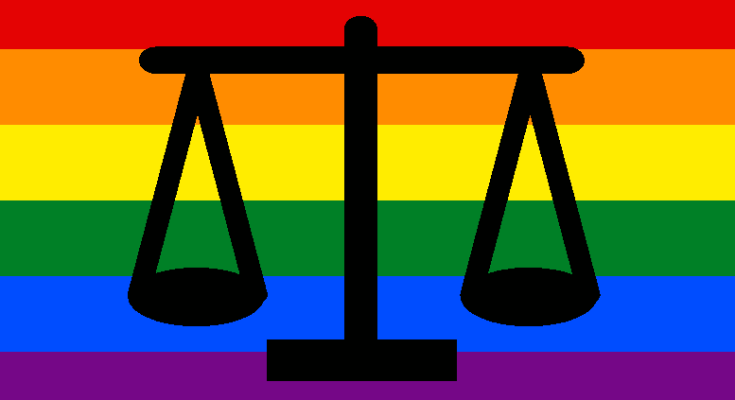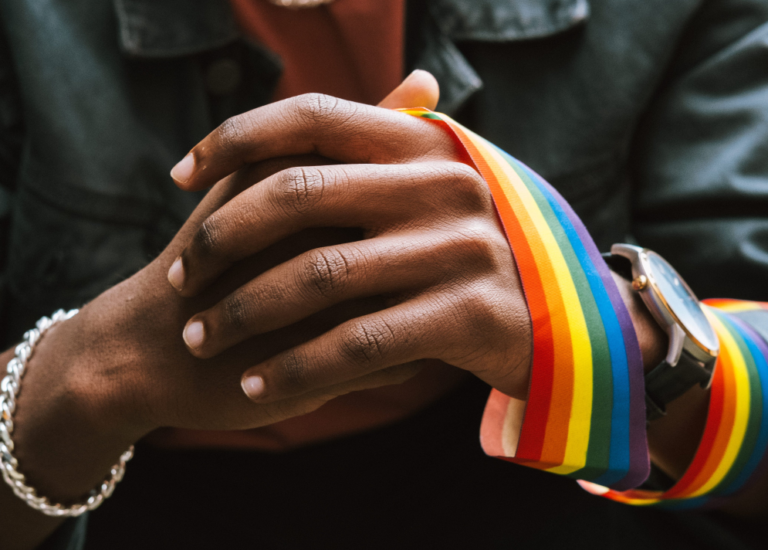Homophobic sentiments continue to be deeply rooted in Tanzania, predominantly driven by strong religious beliefs and historical laws established during the colonial period. These attitudes are pervasive across various aspects of society, influencing how individuals interact with one another and shaping the country’s overall social dynamics.
In Tanzania, individuals within the LGBTQ+ community often encounter discrimination and persecution as a result of deeply ingrained beliefs and attitudes. This discrimination can materialize in various forms, such as being shunned by their families, facing barriers to accessing essential healthcare services, and even becoming victims of physical violence. The repercussions of such discrimination can profoundly impact the mental and emotional well-being of LGBTQ+ individuals in countries like Tanzania.
For instance, LGBTQ+ individuals may be disowned by their families, forced to live on the streets, or denied access to education and job opportunities. This can lead to increased vulnerability to mental health issues such as depression, anxiety, and even suicidal thoughts. In terms of healthcare, LGBTQ+ individuals may avoid seeking medical assistance altogether due to fear of discrimination or mistreatment by healthcare providers.
Colonial-era legislation
Furthermore, the historical backdrop of colonial-era legislation has played a pivotal role in perpetuating these mindsets. The presence of laws that criminalize same-sex relationships, which were inherited from the colonial period, continues to exert influence in Tanzania. This legal framework not only sanctions discrimination but also fosters a hostile environment for LGBTQ+ individuals who are in search of acceptance and support.
In Tanzania, the remnants of colonial rule manifest themselves through laws that target the LGBTQ+ community. For instance, Section 154 of the Tanzanian Penal Code criminalizes consensual same-sex conduct, subjecting individuals to harsh penalties. This legislation, dating back to the colonial era, reinforces societal prejudices and hampers efforts towards inclusivity and equality.
The legacy of colonial-era laws can be seen in the enforcement of anti-LGBTQ+ legislation in Tanzania. Statistics reveal that arrests and prosecutions under these laws are not uncommon, leading to further marginalization of LGBTQ+ individuals. The legal system, rooted in colonial history, perpetuates a cycle of discrimination and intolerance that hinders progress towards a more inclusive society.
The impact of colonial-era legislation on LGBTQ+ rights in Tanzania cannot be overstated. These laws not only violate the fundamental human rights of individuals but also contribute to a culture of fear and secrecy within the LGBTQ+ community. Efforts to repeal or amend these discriminatory laws face significant challenges, as they are deeply entrenched in the legal system and societal norms.
The promotion of homophobic views by religious
In addition, the impact of religious institutions on shaping societal norms and values cannot be underestimated. Across Tanzania, numerous religious figures promote discriminatory attitudes towards the LGBTQ+ community, using their platforms to spread harmful misconceptions and stereotypes. This perpetuates the existing stigma surrounding individuals who do not conform to traditional gender norms, leading to increased social exclusion and discrimination.
Moreover, the influence of religious leaders in Tanzania extends beyond mere rhetoric. Studies have shown that areas with a higher concentration of religious institutions tend to have lower levels of acceptance towards LGBTQ+ individuals. This demonstrates the significant role that religious beliefs play in shaping societal attitudes and behaviors towards non-heteronormative identities.
Furthermore, Homophobic sentiments continue to be deeply rooted in Tanzania, predominantly driven by strong religious beliefs and historical laws established during the colonial period. These attitudes are pervasive across various aspects of society, influencing how individuals interact with one another and shaping the country’s overall social dynamics.
In Tanzania, individuals within the LGBTQ+ community often encounter discrimination and persecution as a result of deeply ingrained beliefs and attitudes. This discrimination can materialize in various forms, such as being shunned by their families, facing barriers to accessing essential healthcare services, and even becoming victims of physical violence. The repercussions of such discrimination can profoundly impact the mental and emotional well-being of LGBTQ+ individuals in countries like Tanzania.
For instance, LGBTQ+ individuals may be disowned by their families, forced to live on the streets, or denied access to education and job opportunities. This can lead to increased vulnerability to mental health issues such as depression, anxiety, and even suicidal thoughts. In terms of healthcare, LGBTQ+ individuals may avoid seeking medical assistance altogether due to fear of discrimination or mistreatment by healthcare providers.
The need for change
The prevalence of discriminatory attitudes towards individuals based on their sexual orientation or gender identity in Tanzania highlights the urgent necessity for ongoing efforts in education, advocacy, and policy reform to foster a culture of inclusivity and acceptance. It is imperative to challenge and dismantle deeply rooted beliefs that perpetuate discrimination and promote empathy and understanding to pave the way for a more just and compassionate society.
Advocacy efforts play a crucial role in advancing the rights of marginalized groups in Tanzania. By advocating for anti-discrimination laws and policies that protect the rights of LGBTQ+ individuals, we can ensure that everyone is treated with dignity and respect, regardless of their sexual orientation or gender identity. Civil society organizations and human rights activists play a vital role in amplifying the voices of the LGBTQ+ community and advocating for their rights on a national and international level.
Policy reform is essential to create a legal framework that upholds the rights of LGBTQ+ individuals and ensures their equal treatment under the law. This includes efforts to repeal discriminatory laws and enact legislation that prohibits discrimination on the basis of sexual orientation and gender identity. By creating a more inclusive legal environment, Tanzania can move towards becoming a more equitable and tolerant society where everyone is free to live authentically and without fear of discrimination





